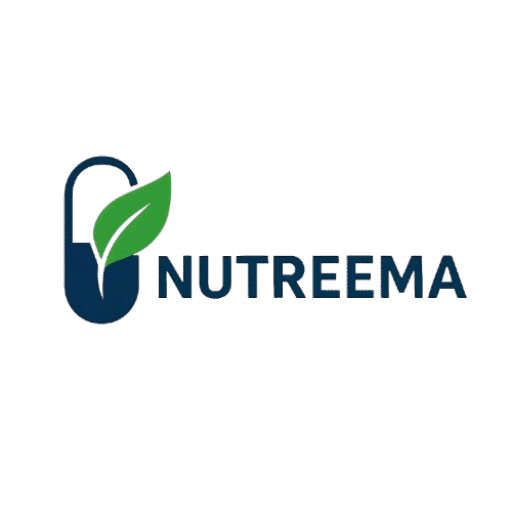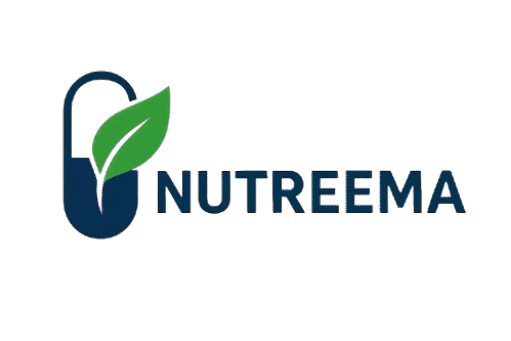With thousands of supplements on the market, selecting the right ones can feel overwhelming. Are they necessary? Which forms work best? And how do you avoid wasting money on ineffective products? This science-backed guide will help you make informed choices tailored to your unique health goals.
Step 1: Identify Your Needs
Before buying supplements, ask:
✔️ Do I have a diagnosed deficiency? (Test for iron, vitamin D, B12, etc.)
✔️ What are my health goals? (Energy, joint support, immunity, etc.)
✔️ Does my diet lack key nutrients? (Vegan? Low-fat diet? Food allergies?)
Example Needs & Solutions:
| Goal/Issue | Potential Supplements |
|---|---|
| Low energy | B12, iron (if deficient), CoQ10 |
| Joint pain | Curcumin, collagen, omega-3s |
| Poor sleep | Magnesium glycinate, melatonin |
| Weak immunity | Vitamin D, zinc, probiotics |
Step 2: Prioritize Quality
Not all supplements are created equal. Look for:
✅ Third-Party Testing
-
Certifications: NSF, USP, or Informed Choice (ensures purity and potency).
-
Avoid brands with: Fillers, artificial colors, or “proprietary blends” (hides doses).
✅ Bioavailable Forms
Some nutrients absorb better than others:
-
Magnesium: Glycinate or citrate (not oxide).
-
Vitamin D: D3 (not D2).
-
Iron: Ferrous bisglycinate (gentler than sulfate).
✅ Transparent Labeling
-
Clear dosages (e.g., “500mg magnesium glycinate,” not “magnesium complex”).
-
Active forms: Methylfolate (not folic acid), methylcobalamin (not cyanocobalamin).
Top Trusted Brands: Thorne, Pure Encapsulations, Nordic Naturals, NOW Foods.
Step 3: Timing & Synergy
Some supplements work better together (or apart):
💡 Best Combos
-
Vitamin D + K2: Enhances calcium absorption.
-
Iron + Vitamin C: Boosts iron uptake.
-
Turmeric + Black Pepper: Increases curcumin absorption.
⏰ When to Take Them
-
Morning: B vitamins, vitamin D.
-
With meals: Fat-soluble vitamins (A, D, E, K), magnesium.
-
Night: Magnesium glycinate, melatonin.
Step 4: Avoid Common Pitfalls
🚫 Over-Supplementing
-
Excess vitamin A, iron, or calcium can be harmful.
-
Solution: Test levels before high-dose supplementation.
🚫 Ignoring Drug Interactions
-
Vitamin K can interfere with blood thinners.
-
St. John’s Wort reduces effectiveness of birth control.
🚫 Assuming “Natural” = Safe
-
Herbal supplements (e.g., kava, comfrey) can harm the liver.
Step 5: Re-Evaluate Regularly
-
Retest deficiencies (e.g., vitamin D every 6–12 months).
-
Adjust as needed (e.g., stop iron supplements once levels normalize).
When to Skip Supplements
You likely don’t need them if:
✔️ You eat a balanced, varied diet.
✔️ You have no deficiencies or specific health concerns.
Focus on food first: Salmon (omega-3s), spinach (magnesium), eggs (choline).
Sample Supplement Plans
For General Wellness (No Deficiencies)
-
Multivitamin: High-quality, low-dose (e.g., Ritual).
-
Omega-3s: 1,000mg EPA+DHA daily.
-
Probiotic: For gut health (if needed).
For Athletes
-
Creatine: 5g/day.
-
Protein powder: As needed to meet goals.
-
Electrolytes: For intense training.
For Vegans
-
B12 (methylcobalamin): 1,000mcg 2x/week.
-
Algae omega-3s: 250mg DHA+EPA daily.
-
Iron: Only if deficient.
Final Tips
🔹 Start low, go slow (monitor for side effects).
🔹 Combine with lifestyle changes (sleep, stress management, whole foods).
🔹 Consult a healthcare provider if you have medical conditions or take medications.


